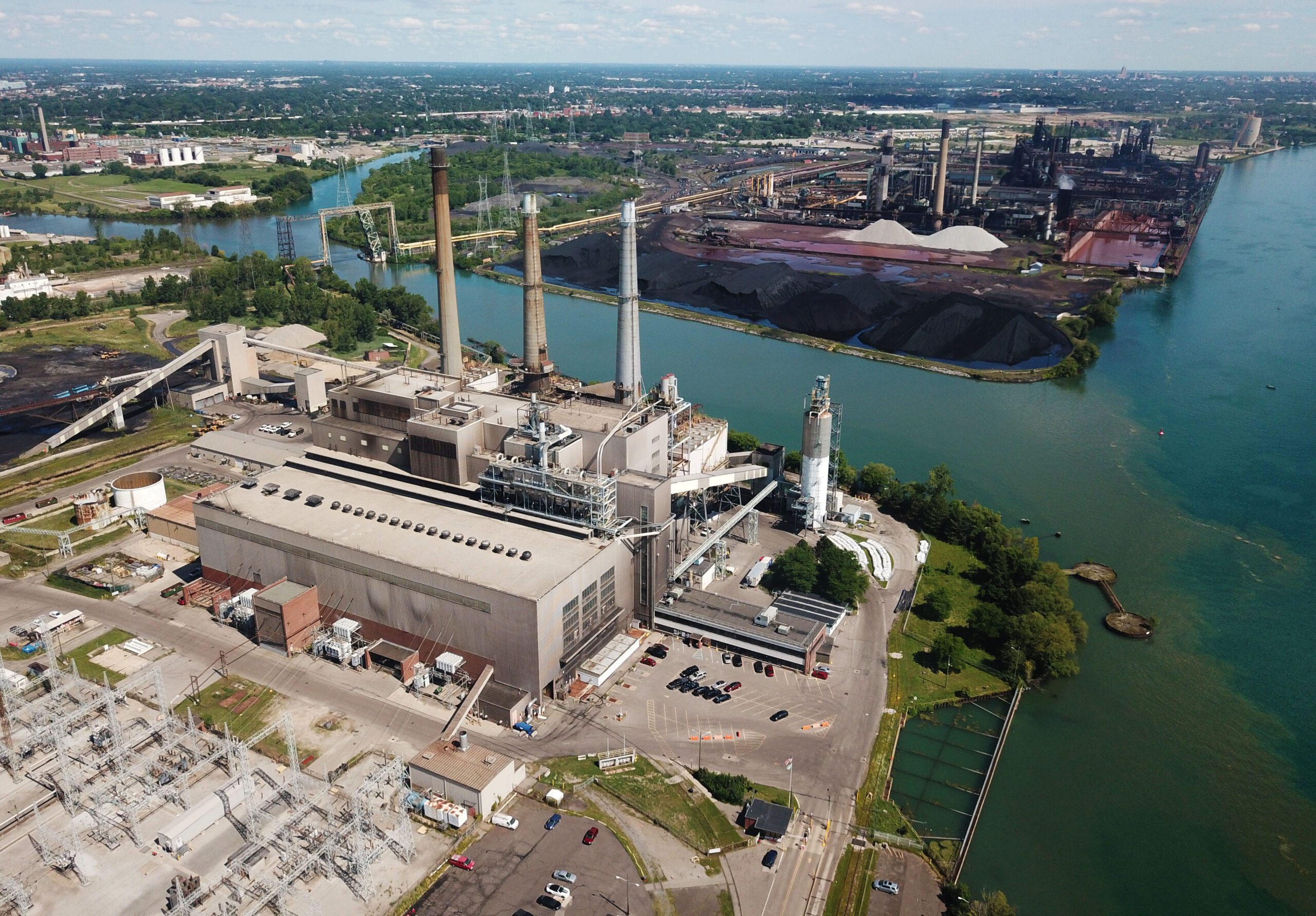In Michigan, it sometimes pays to pollute.
Tucked into the state’s main environmental protection law is a massive subsidy program that fully exempts facilities used to control or dispose of harmful air and water pollutants from property and sales taxes.
In the last 50 years, companies have used this program to shield over $17 billion in taxable property from state and local taxes, most of which is owned by just six of the state’s largest and most powerful corporations:
- DTE Energy ($5.3 billion)
- Consumers Energy ($2.9 billion)
- General Motors ($1.1 billion)
- Ford Motor ($783 million)
- Marathon Petroleum ($696 million)
- Stellantis ($685 million)
Between 2010 and 2021, the State Tax Commission issued new or amended pollution control exemption certificates for over $11 billion worth of property. According to the state Treasury Department’s annual Tax Expenditure Reports, the program came with a total price tag of $2.2 billion over the same period—$1.5 billion in foregone property tax revenue and $670 million in foregone sales taxes.
While these reports indicate the magnitude of the program’s impact on statewide tax collection, Michiganders remain in the dark about how these losses have been distributed among local governments.

In 2015, the Governmental Accounting Standards Board amended its Generally Accepted Accounting Principles to include a new statement (No. 77) requiring government entities to note in their annual comprehensive financial reports any gross revenue losses from tax abatements.
Michigan’s pollution control exemption clearly fits the definition of an abatement laid out in GASB 77, even if it is never mentioned in the same breath as the state’s other economic development subsidy programs.
As evidence of GASB 77’s applicability, the state’s second largest city, Grand Rapids, has been including these revenue losses in its ACFR note since 2017. Exemption certificates there have been issued for only $26 million in taxable property, costing the city an average of $10,000 a year.
However, there are 29 localities in the state where companies have exempted more than $100 million worth of property each. In six of those, including Detroit, more than $500 million worth has been exempted.
None of these local governments has ever reported the amount of revenue lost each year subsidizing pollution control equipment.
Exemption certificates are awarded by Michigan’s Department of Environment, Great Lakes, and Energy (EGLE) and the State Tax Commission. While they are never put to a vote before either state or local elected officials, that’s still no excuse for failing to disclose their impact. GASB’s new accounting rule says that passive revenue losses from abatements granted by other government entities must be disclosed as well. And yet even the state has been failing to make known the program’s impact on sales and property tax collections in its own annual comprehensive financial report.
The state Treasury is already estimating property tax losses from pollution control exemptions and should facilitate improved GASB 77 compliance by providing such estimates by locality as well. Nevada’s State Controller has done so for all tax abatement programs affecting local governments since the rule took effect in 2017.
More than transparency is needed to make polluters pay
Michiganders deserve to know the true cost of this subsidy program but would also be wise to think seriously about whether it should exist in the first place.
Proponents of economic development subsidies typically argue that they are needed to incentivize private investment and job creation that would not otherwise happen “but for” the subsidy. Academic economists have consistently concluded that in the vast majority of cases subsidies are a pure windfall for recipients, having little influence on their ultimate location decisions.
Michigan’s pollution control exemptions represent an especially ludicrous instance of companies demanding a handout for something they would have done no matter what.
Equipment this program exempts from property taxes are obligatory investments that recipients must make to comply with state and federal environmental regulations and stay within their permitted emissions limits.
Who gets a tax break just for obeying the law?
And it gets worse. The program is supposed to reduce pollution, but a quick search of Good Jobs First’s Violation Tracker database makes clear that many of the program’s biggest beneficiaries—DTE Energy, Consumers Energy, Marathon Petroleum—have been repeatedly found in violation of the state’s clean air and water standards at some of their most heavily subsidized facilities.
It’s inexcusable for known polluters to enjoy such substantial tax savings through a program that ostensibly exists to control industrial pollution. The law’s existing clawback provision only enables regulators to recoup foregone revenue if a certificate was “obtained by fraud or misrepresentation.” This provision should be expanded to include environmental violations as well.
Corporate beneficiaries of Michigan’s pollution control exemptions might not be “green” businesses, but they know the color of a dollar. If their tax breaks aren’t paying off for the public, then it’s time for them to start paying back!